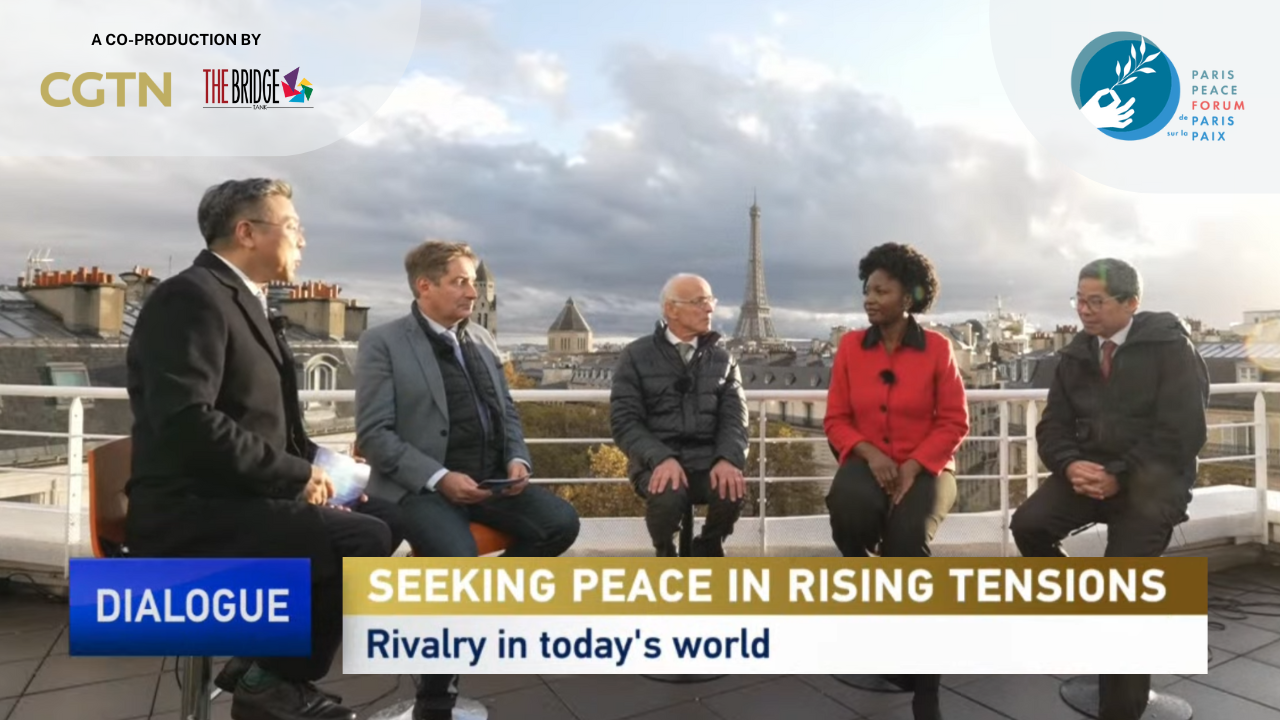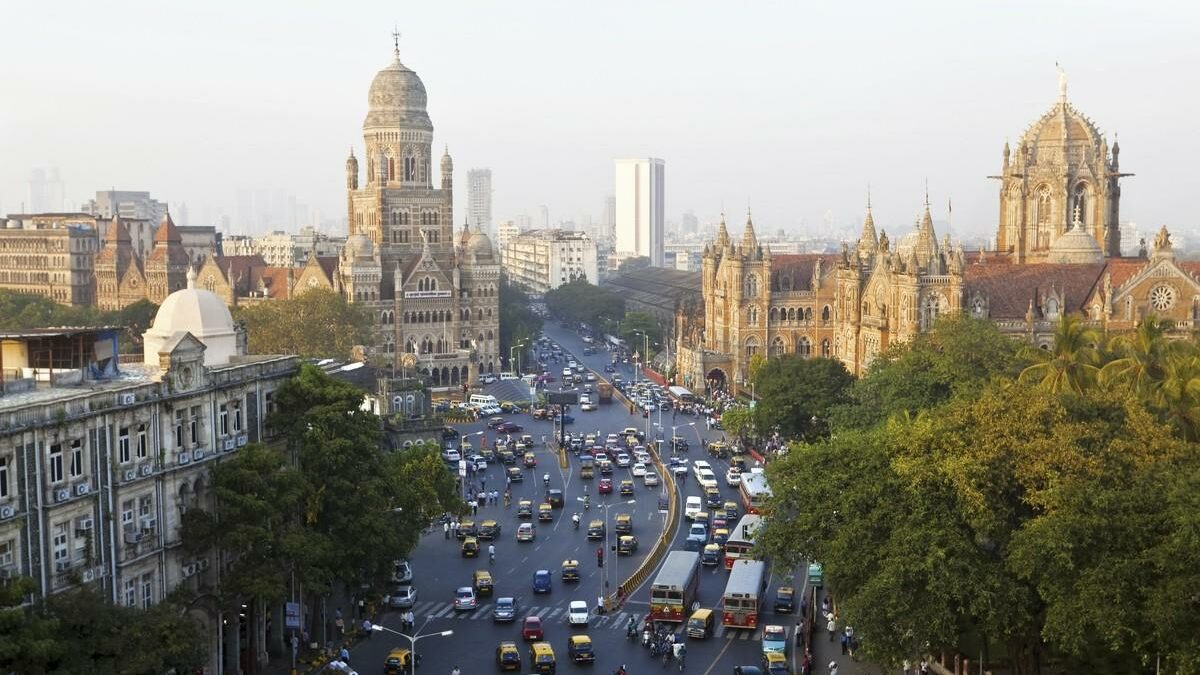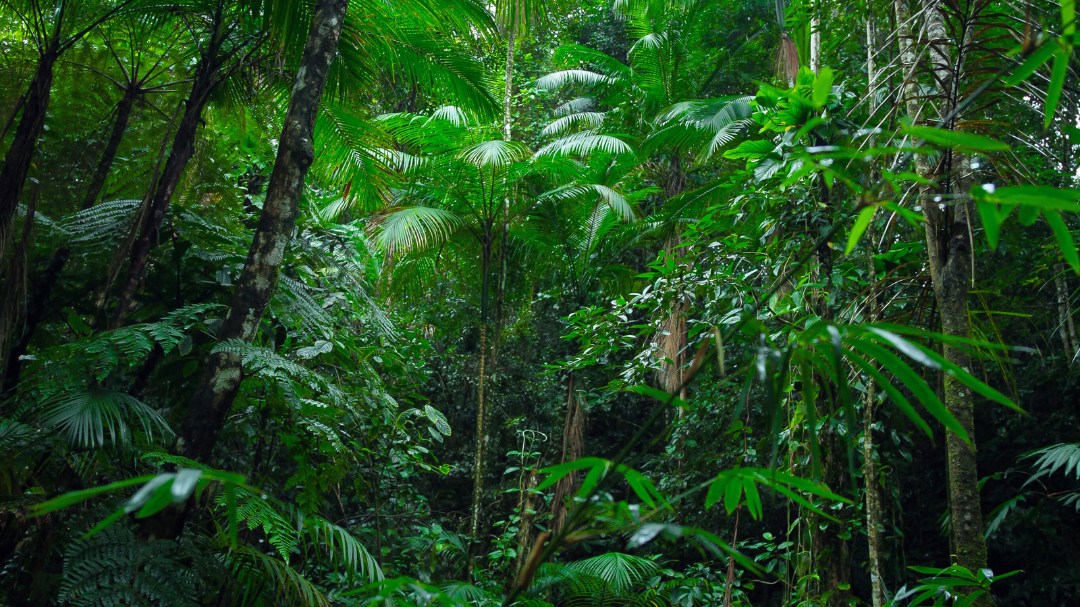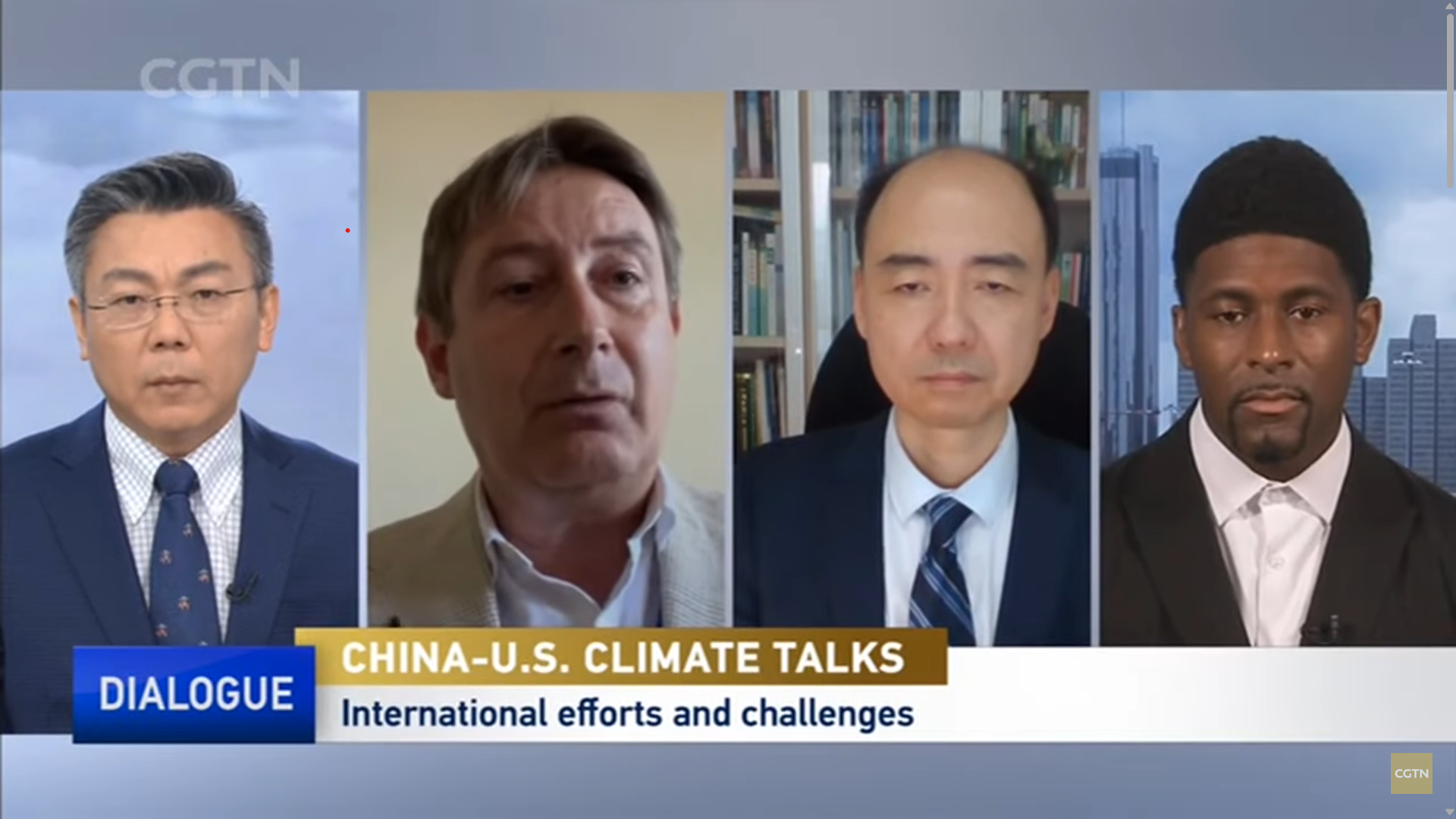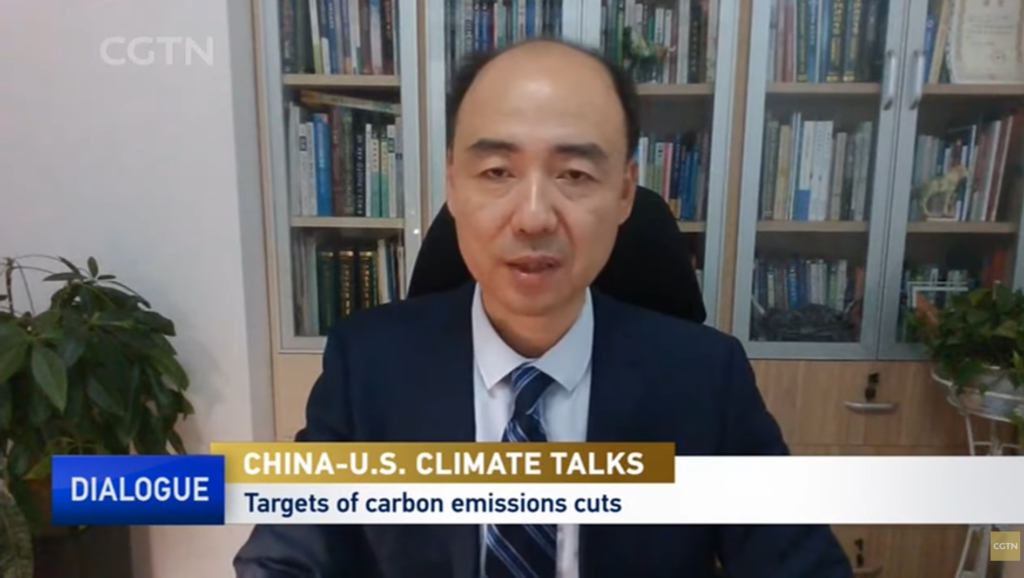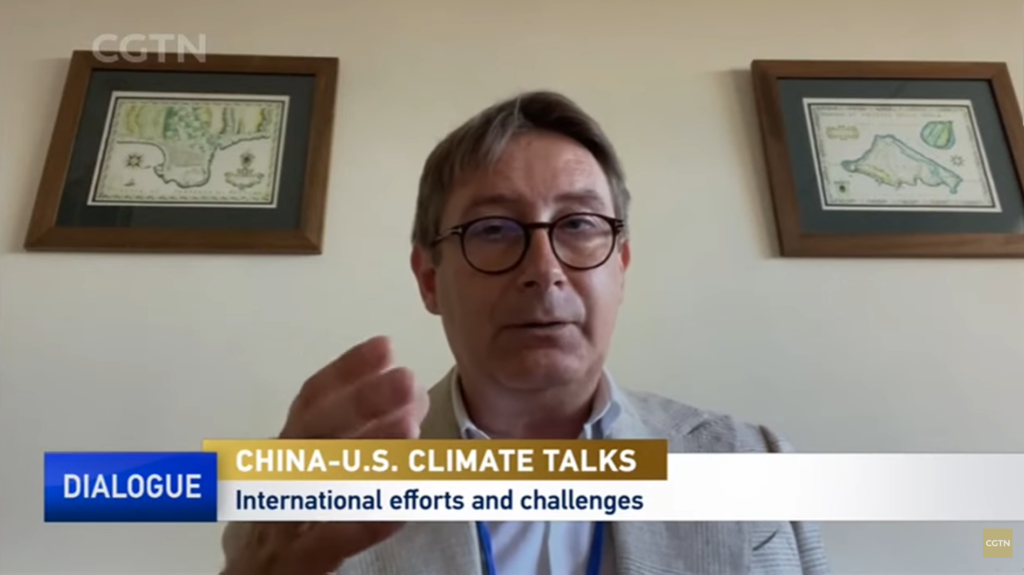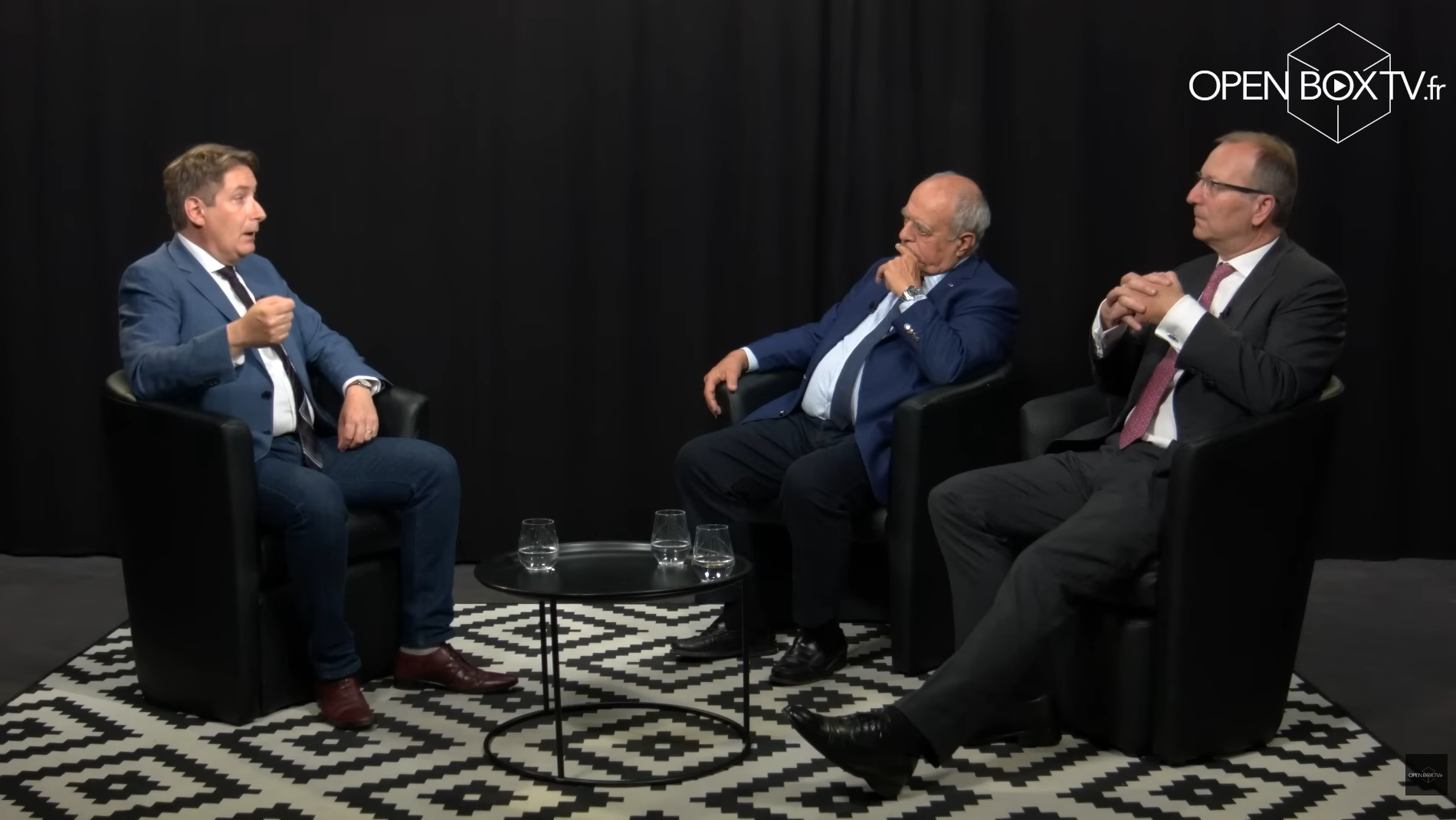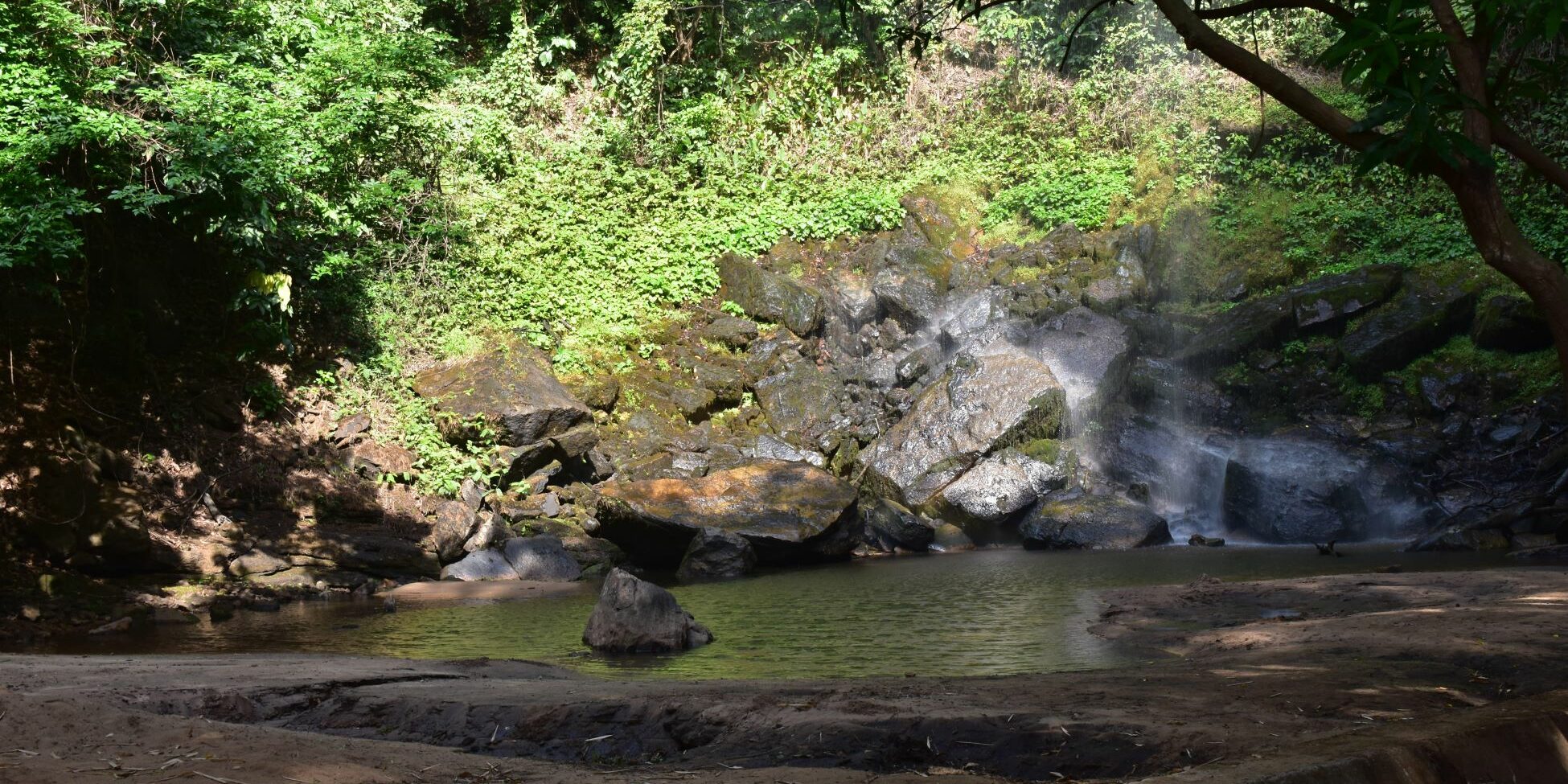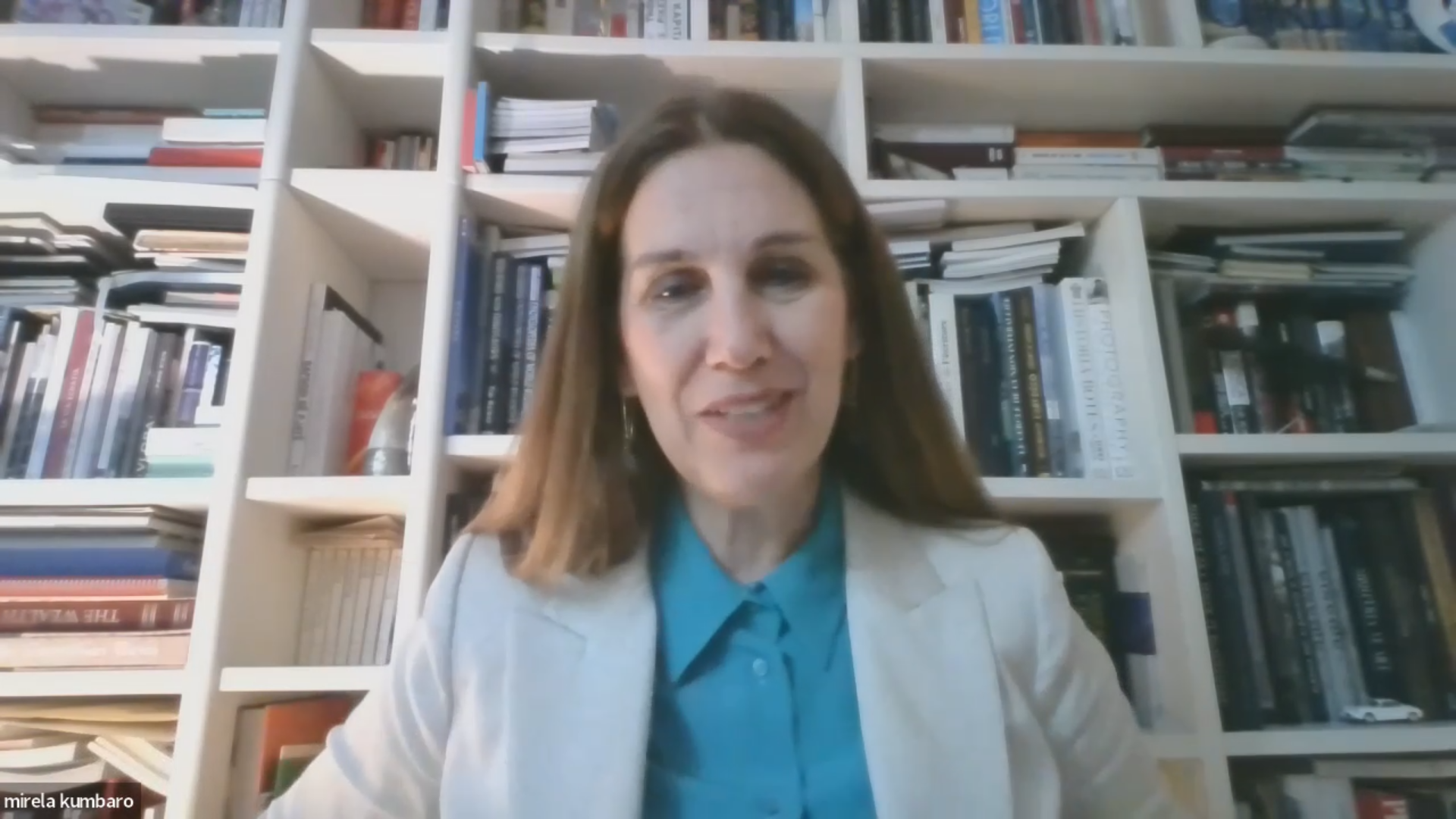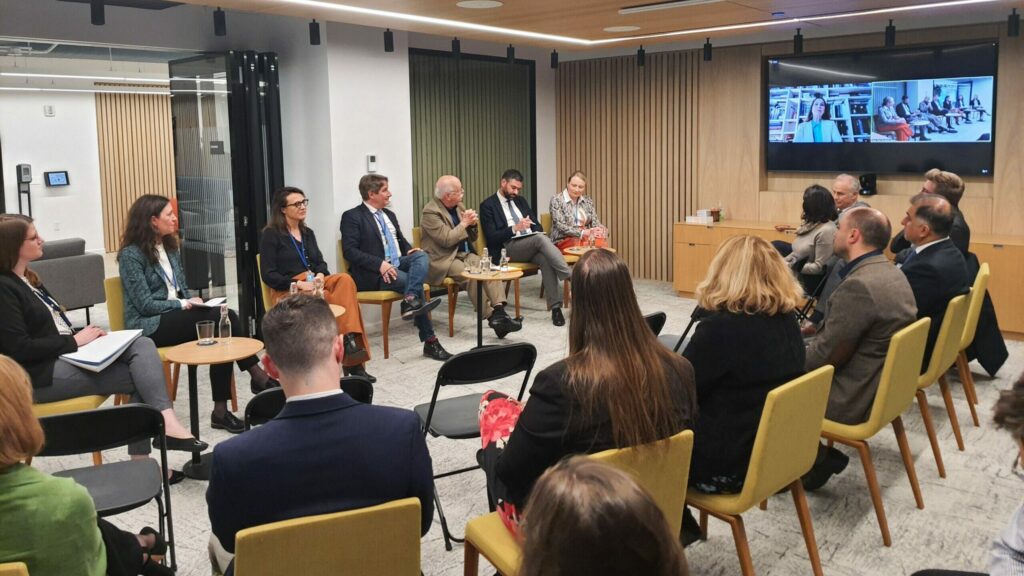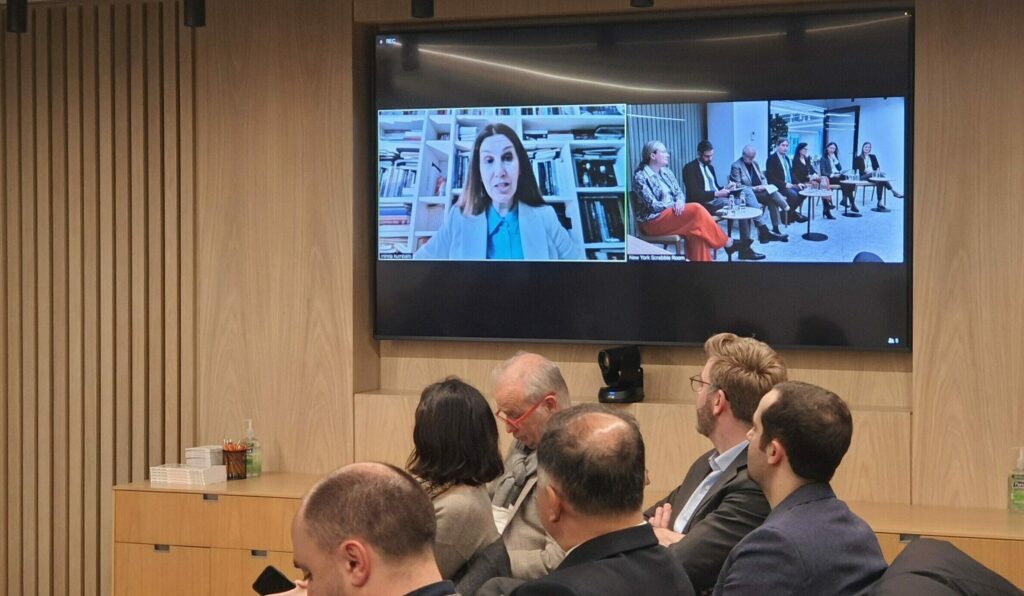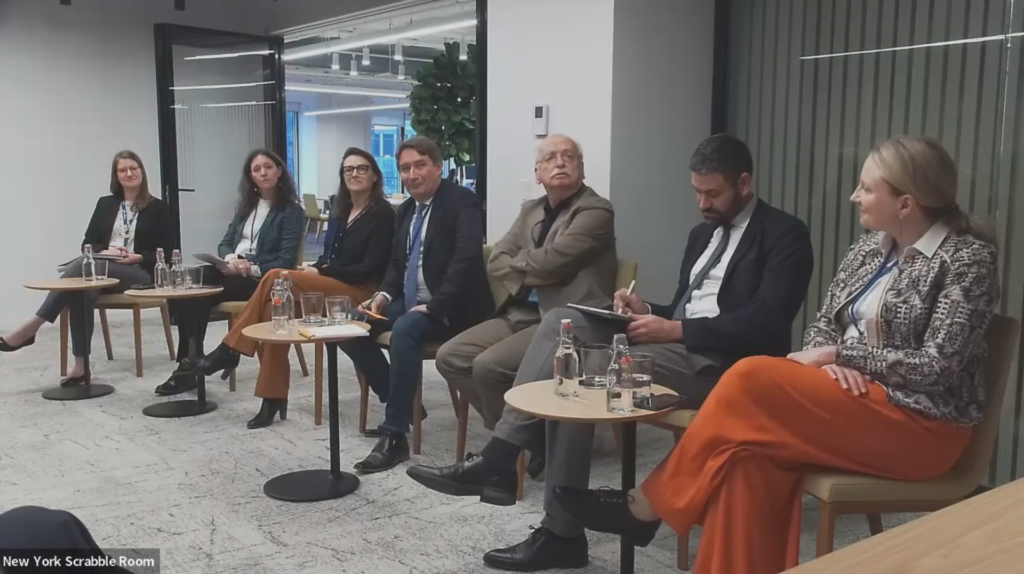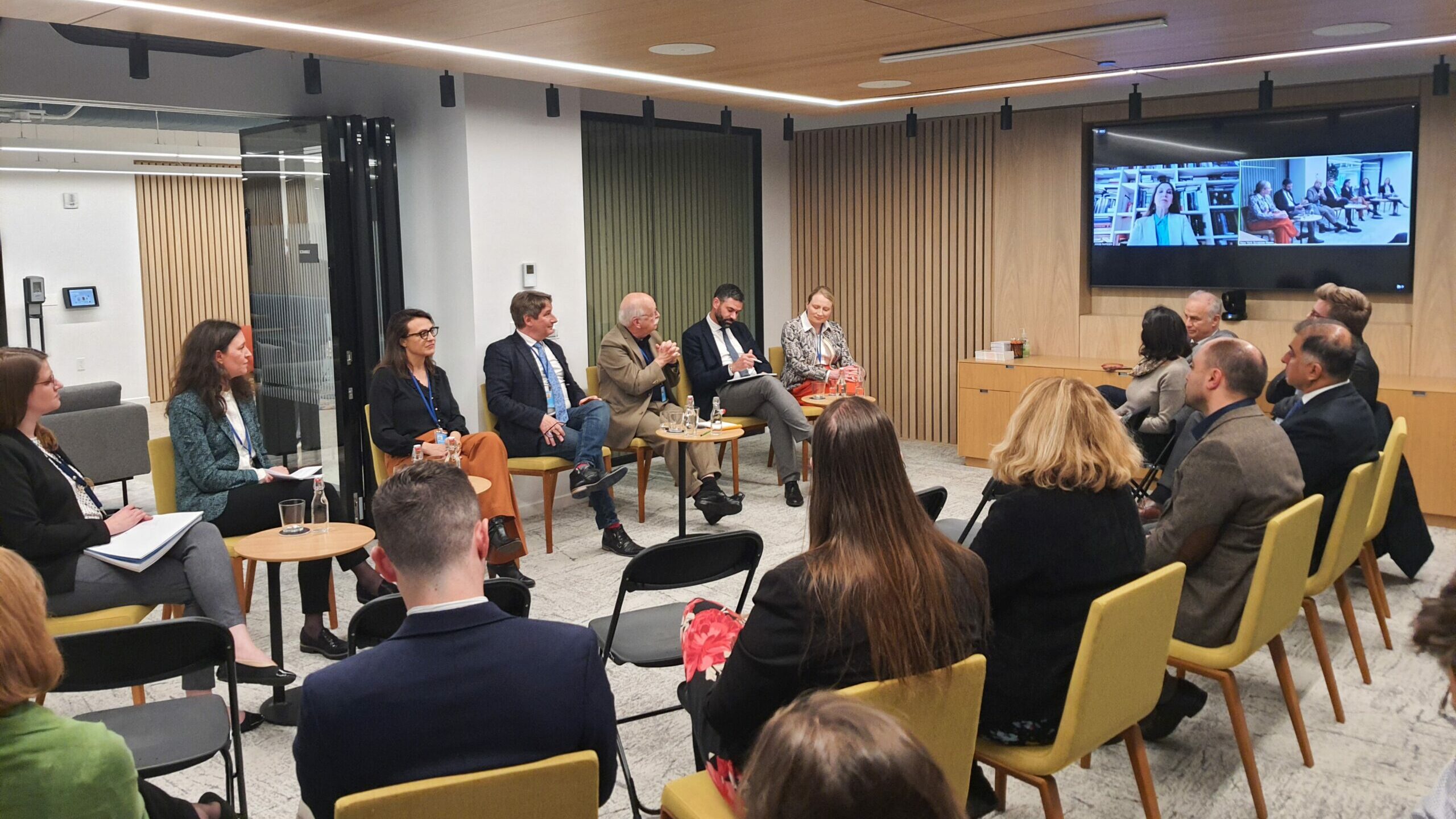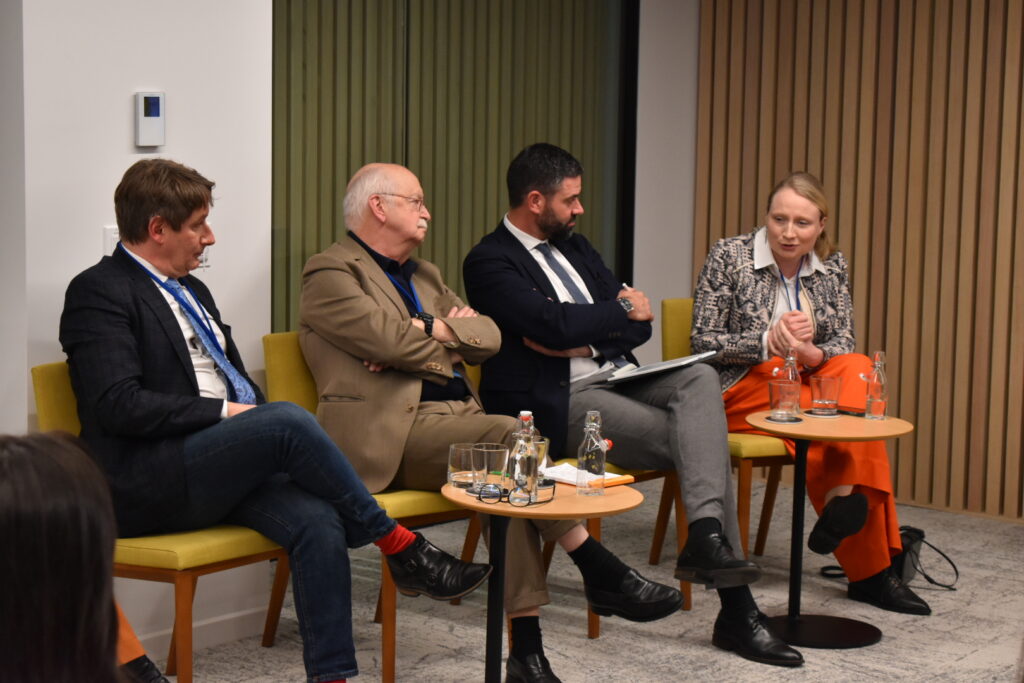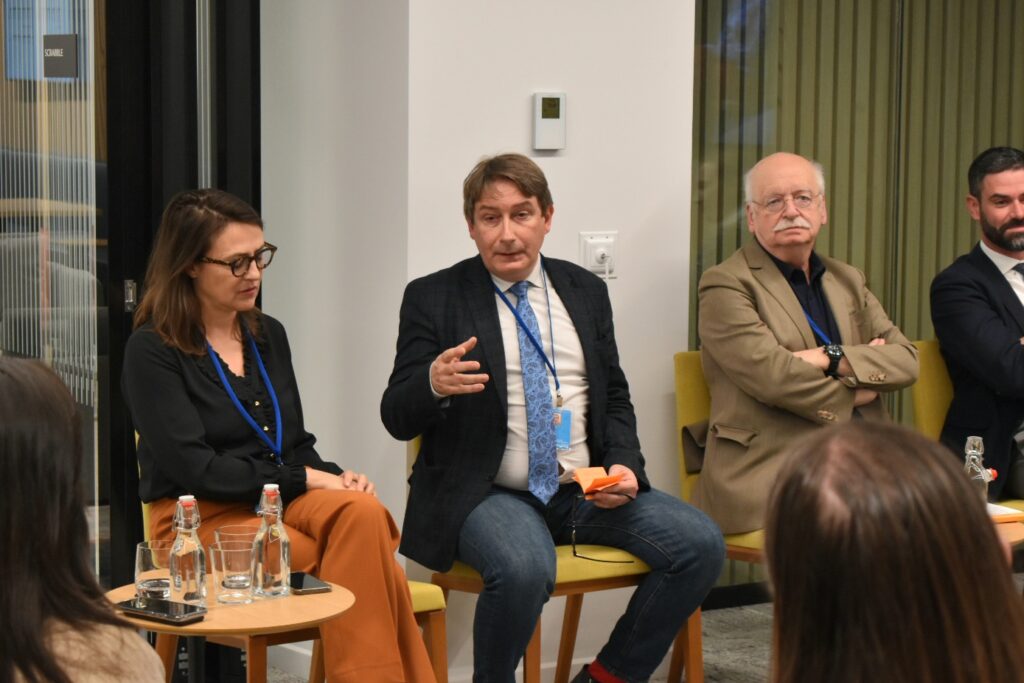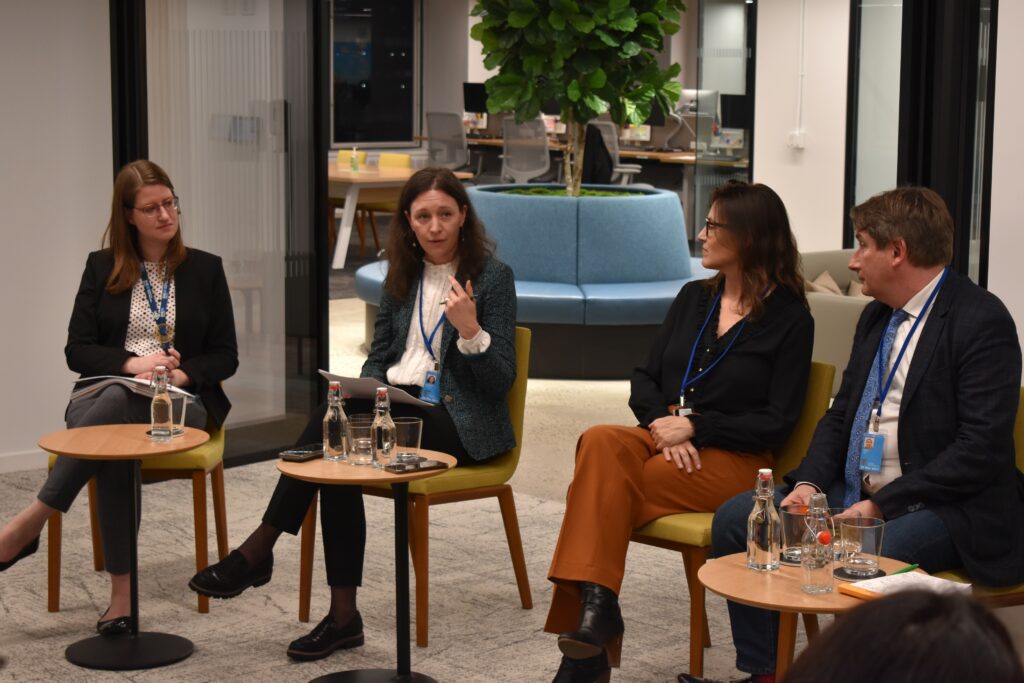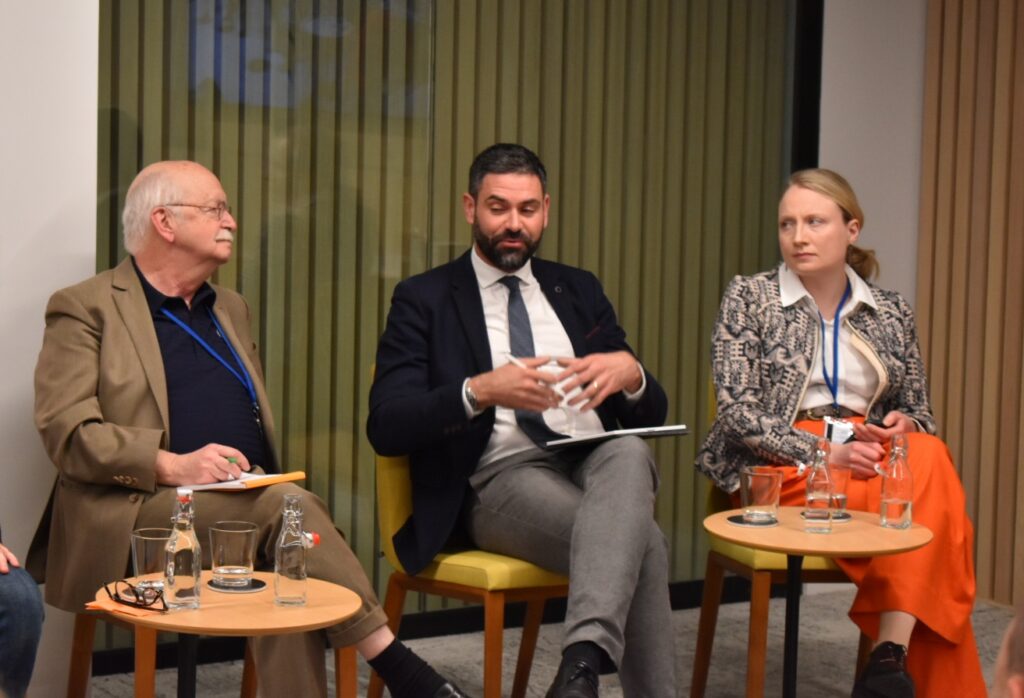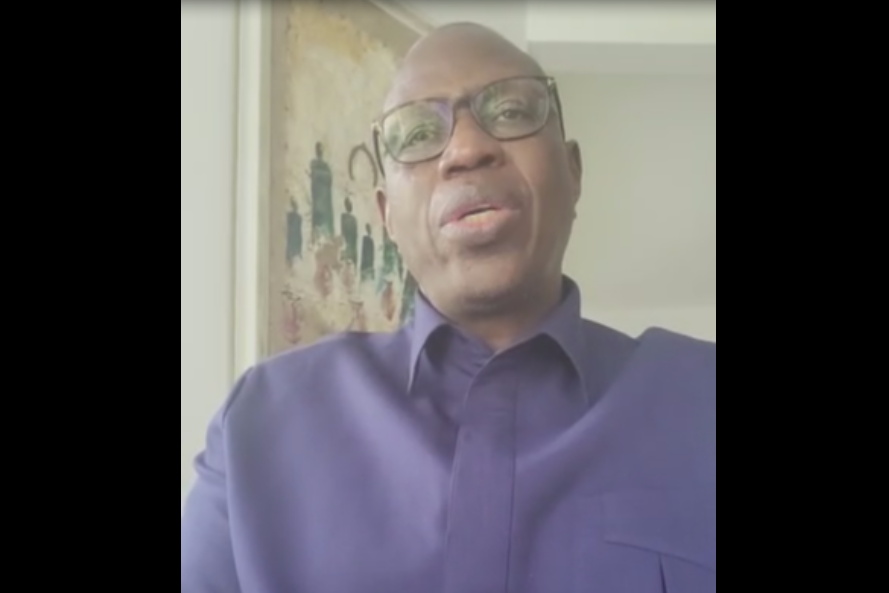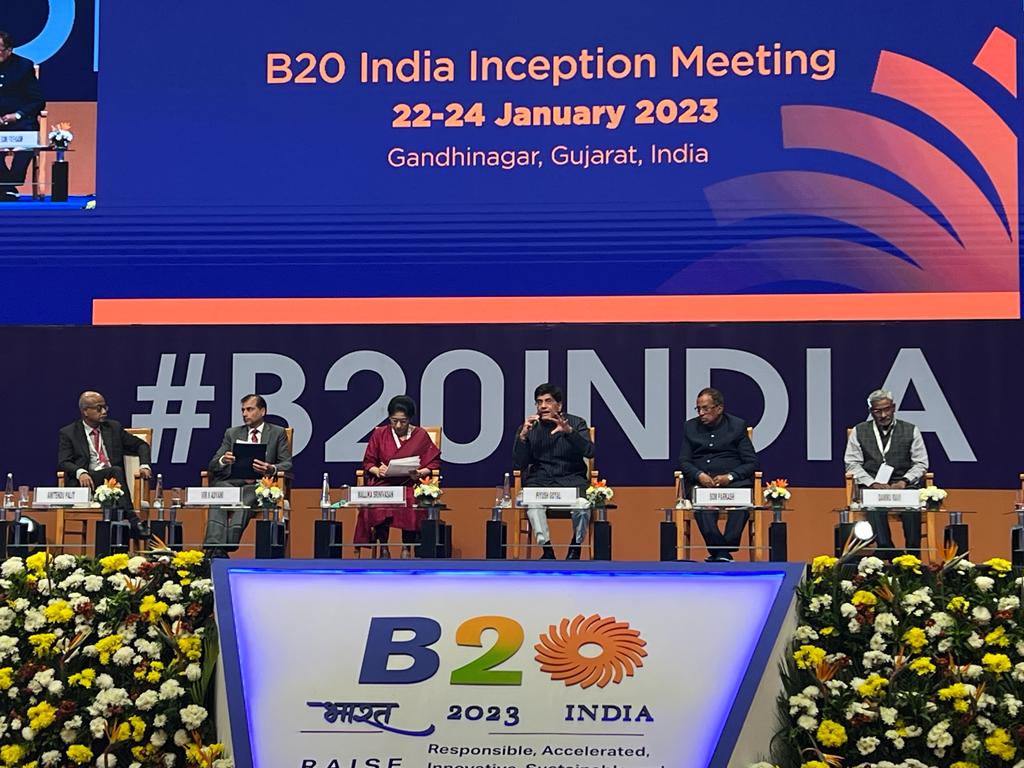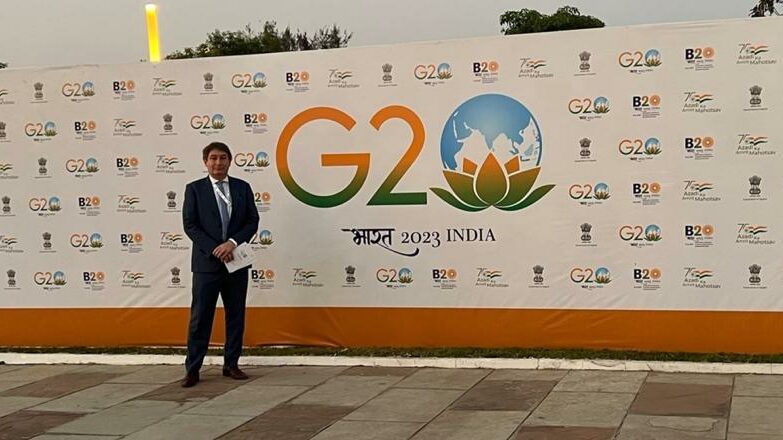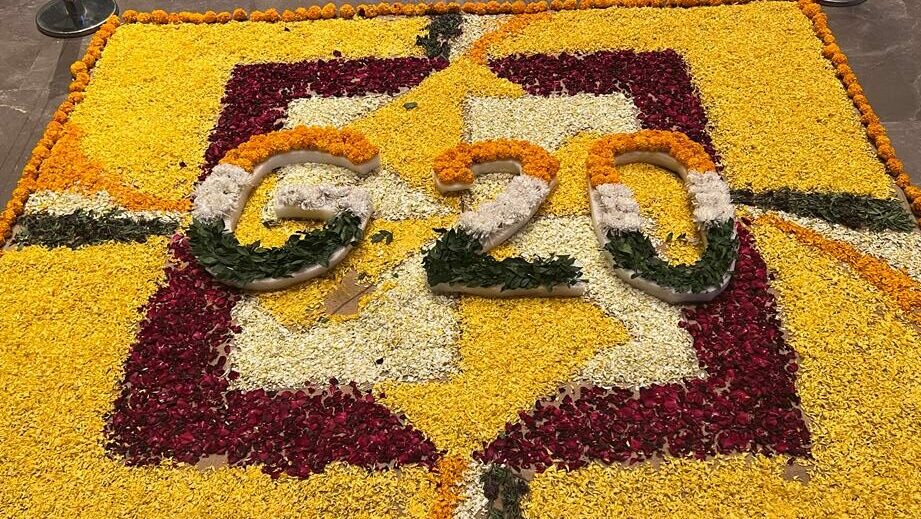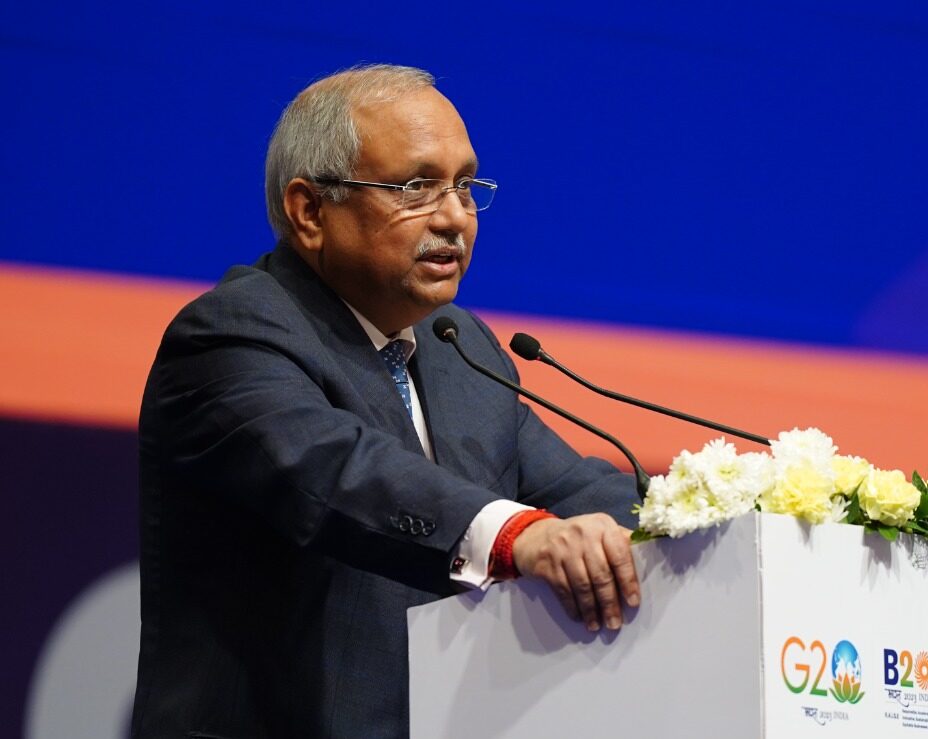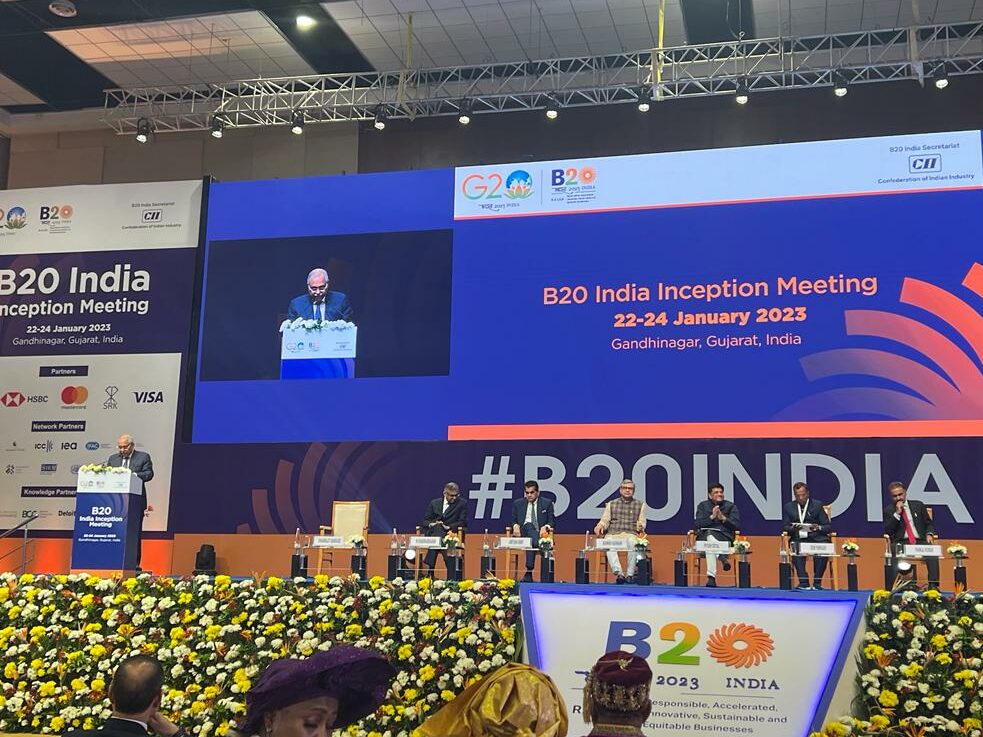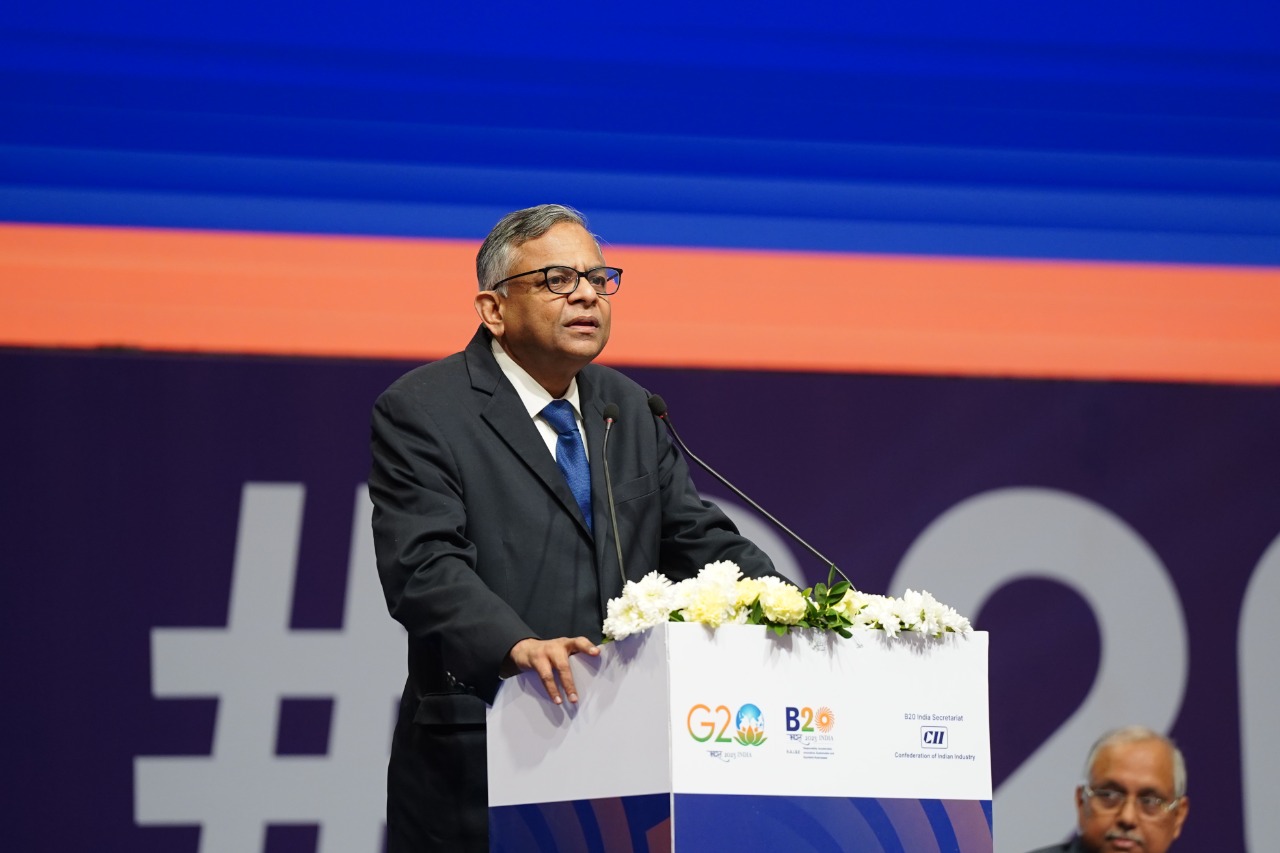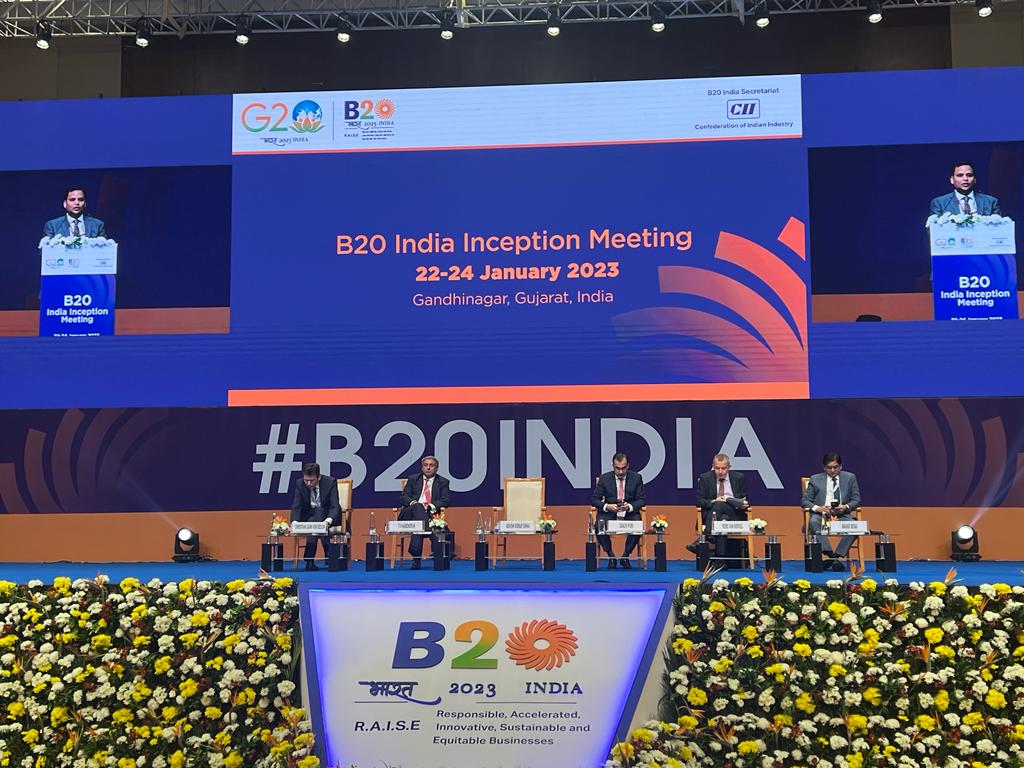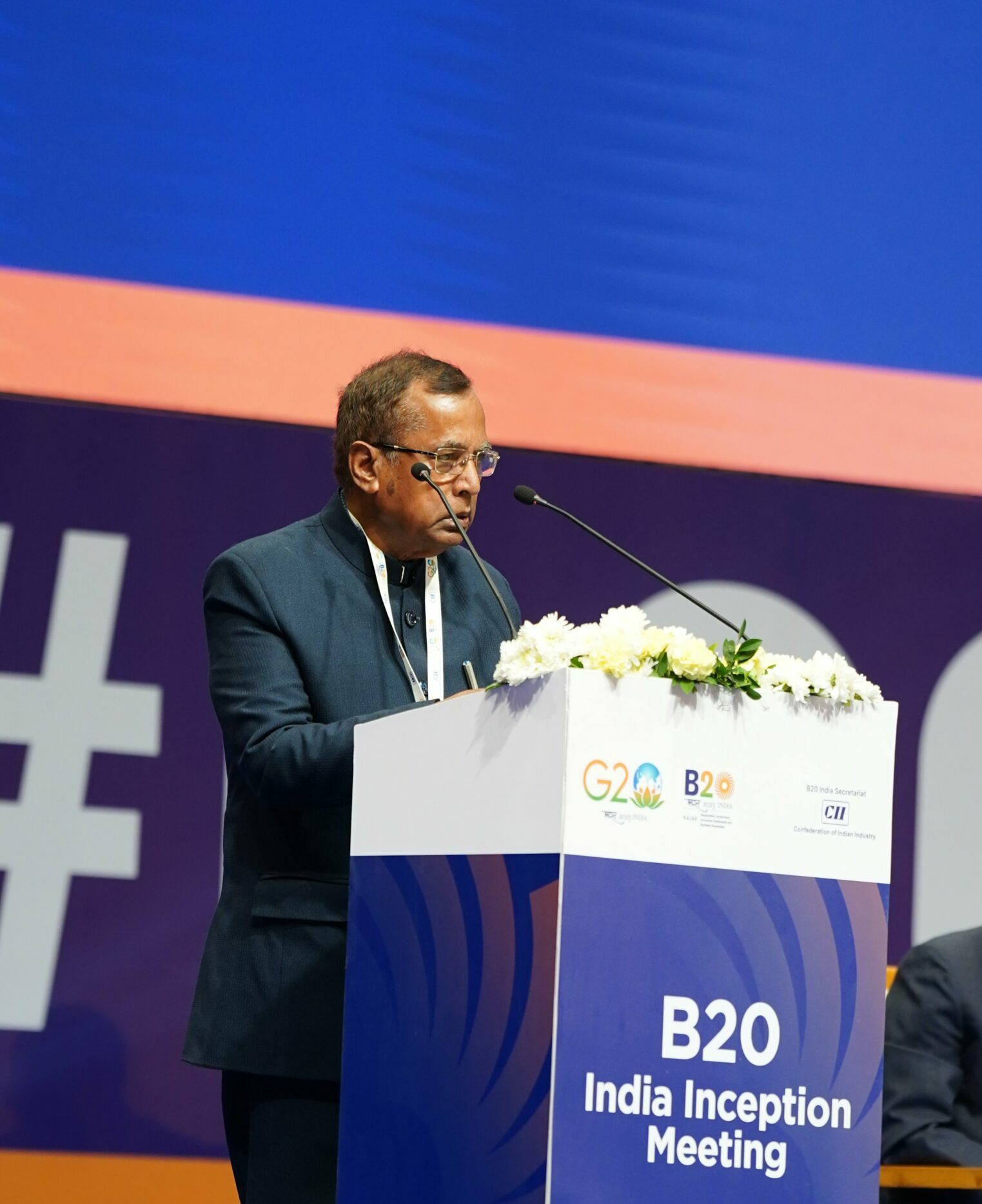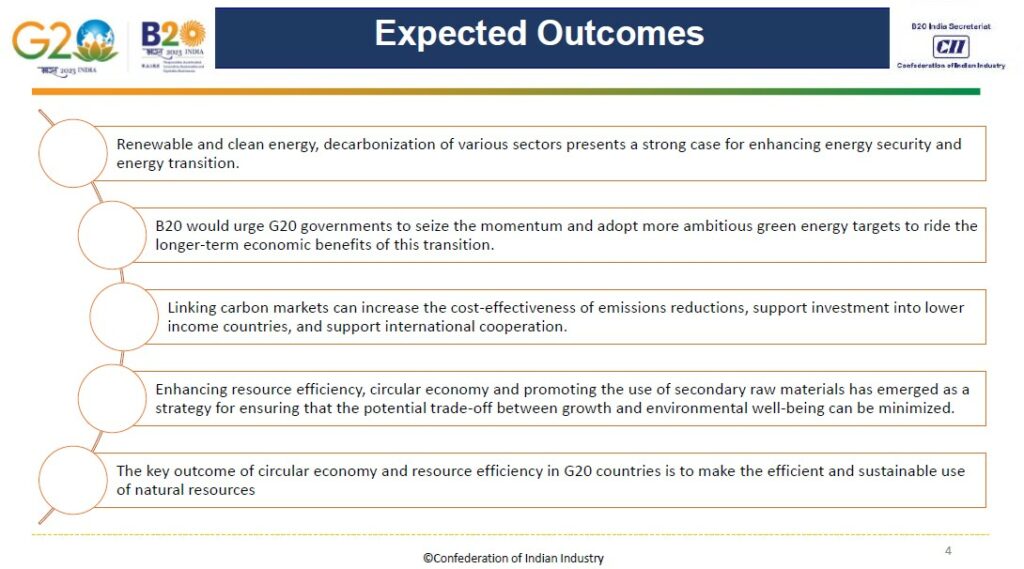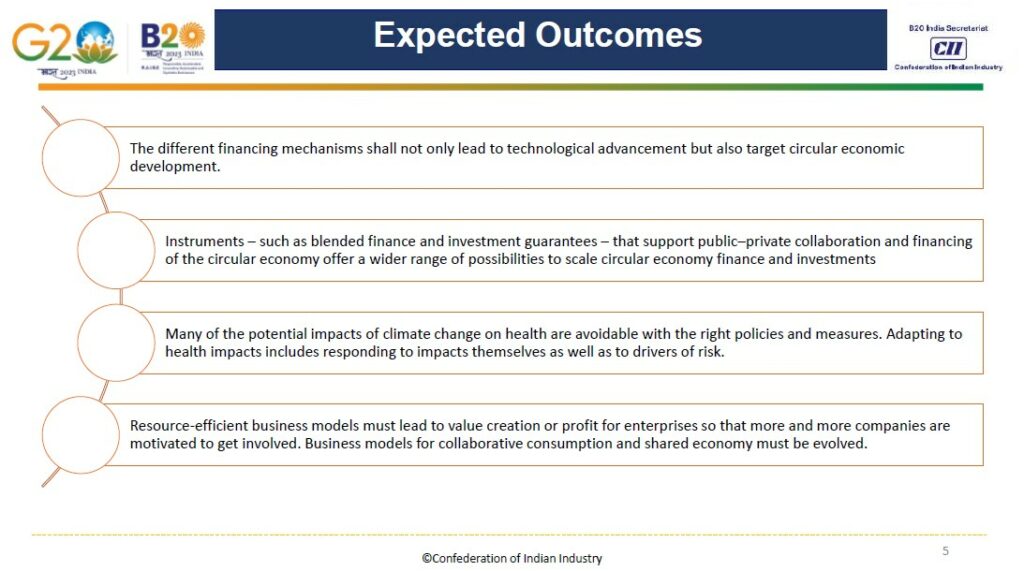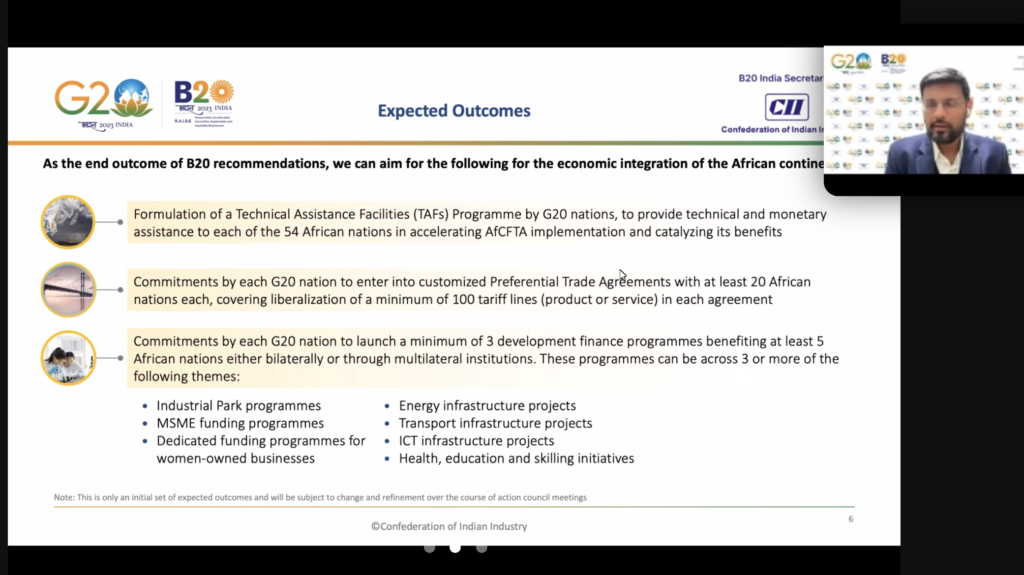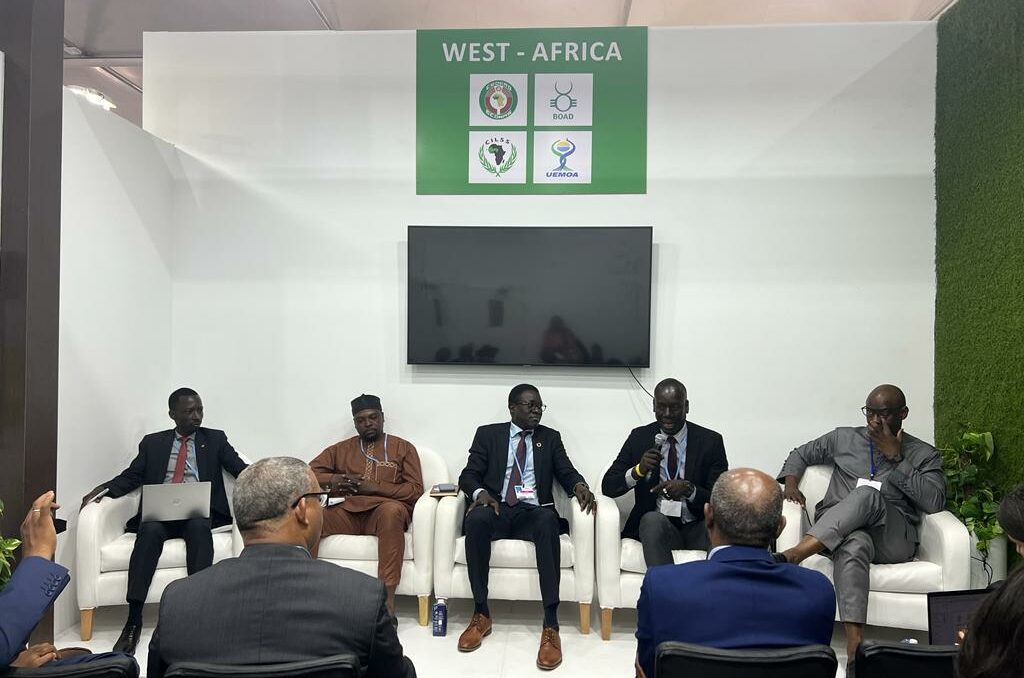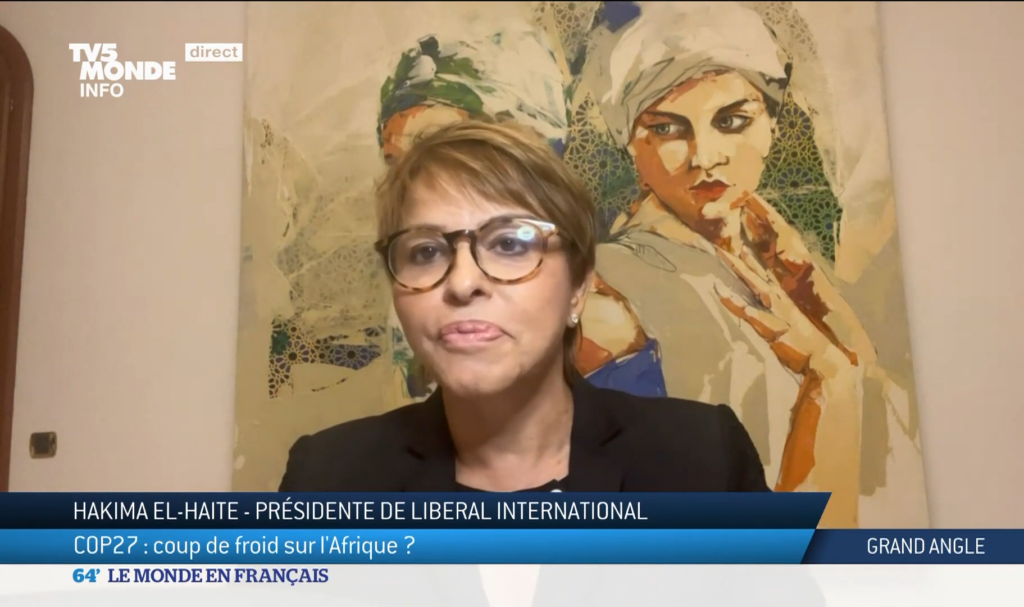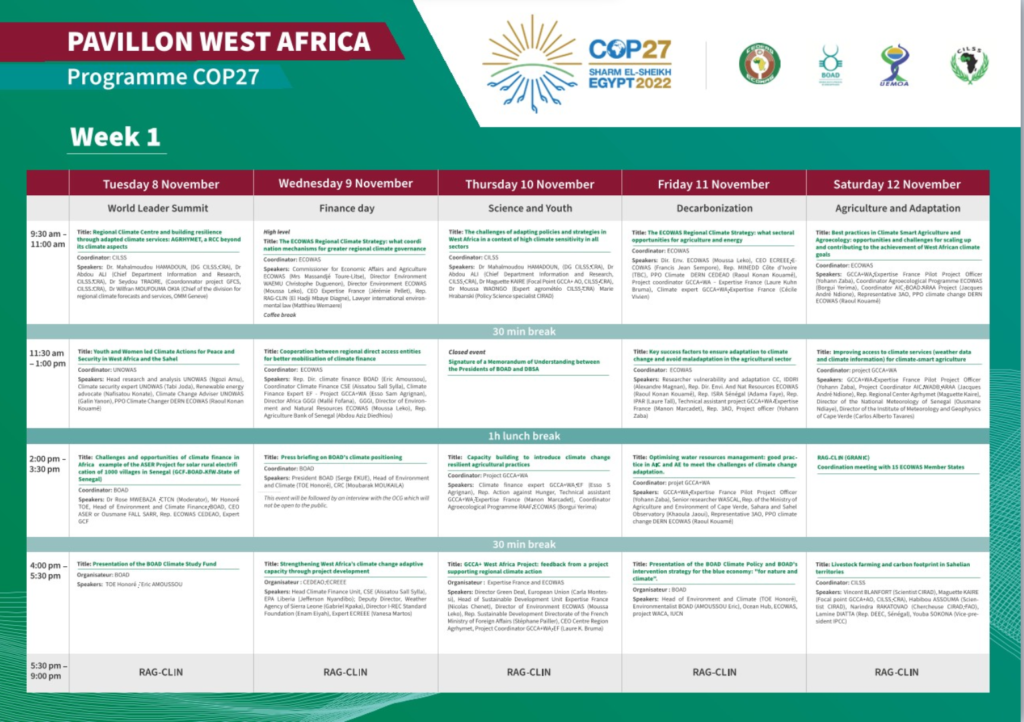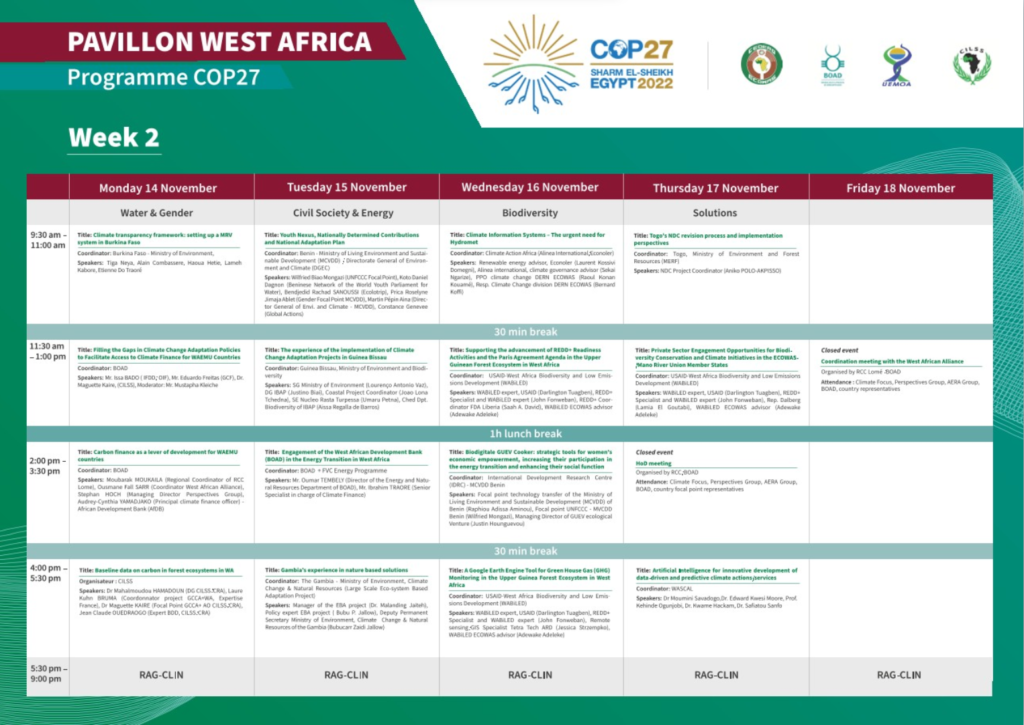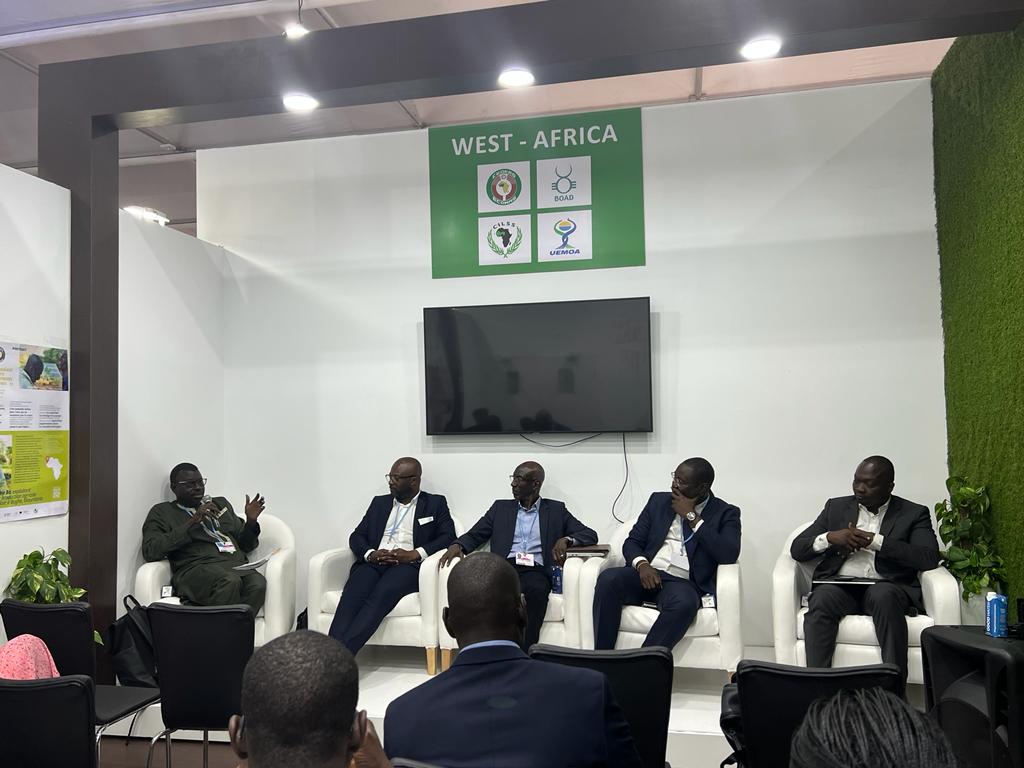Seeking peace in a time of rising tensions – A The Bridge Tank & CGTN Dialogue co-production
During last month’s Paris Peace Forum, The Bridge Tank guest-co-produced a special edition CGTN’s flagship talk show Dialogue discussing peace and international cooperation in a context of rising global tensions, echoing the theme of this year’s forum: “Seeking common ground in a world of rivalry.” The conversation explored the nature and causes of rivalry, challenges to peace, and possible avenues of long-term collaboration, notably between the EU and China.
Broadcast from Paris, the show was presented by Dialogue’s anchor Xu Qinduo and Joel Ruet, Chairman of The Bridge Tank and welcomed a curated panel of experts on diplomacy, social organizations, and industry to discuss these topics :
- Stéphane Gompertz, former Ambassador to Austria & Ethiopia ; Board Member of The Bridge Tank,
- Blessing Ibomo, Founder of Bread’s Earth,
- Jérémie Ni, Director of Chinform.
Rewatch the show
Some of the questions addressed during the show, co-developed by The Bridge Tank & CGTN
How is rivalry characterized in today’s world?
What are possible common grounds on climate change, cybersecurity as well as conflicts in Ukraine, Gaza, chronic instability in some parts of Africa, humanitarian crises, and the great power rivalry?
With all these ongoing crises, the US’s technological containment policy on China, tensions between the EU and China, how can the EU and China find common interests and expand their bilateral cooperation?
Can technological cooperation between the EU and China be strengthened without investment, following the derailment of the investment agreement? Can we have investment without trust? Can we have this trust in a world of crisis?
Recent crises have seen the United Nations increasingly divided in their votes and responses, with particularly mixed responses arising from the Global South. How do you analyse the alleged rift between the Global South and the West?
China recently achieved diplomatic success in the Middle East, brokering the thawing of relations between Saudi Arabia & Iran. At the same time, India announced a new economic corridor connecting India, the Middle East, and Europe during the G20. What role can we foresee for the large emerging powers in the global diplomatic order?
Quotes from our guests
On rivalry
“I think nowadays rivalry and disagreements seem to overshadow the common challenges we’re all facing : long-term challenges like climate change, terrorism, pandemics sometimes. And we tend to forget that beyond all the disputes we can have among our respective countries, we are facing the same challenges for us, for our children and our grandchildren. Those challenges go far beyond our present disagreements.”
Stéphane Gompertz, former Ambassador to Austria & Ethiopia ; Board Member of The Bridge Tank
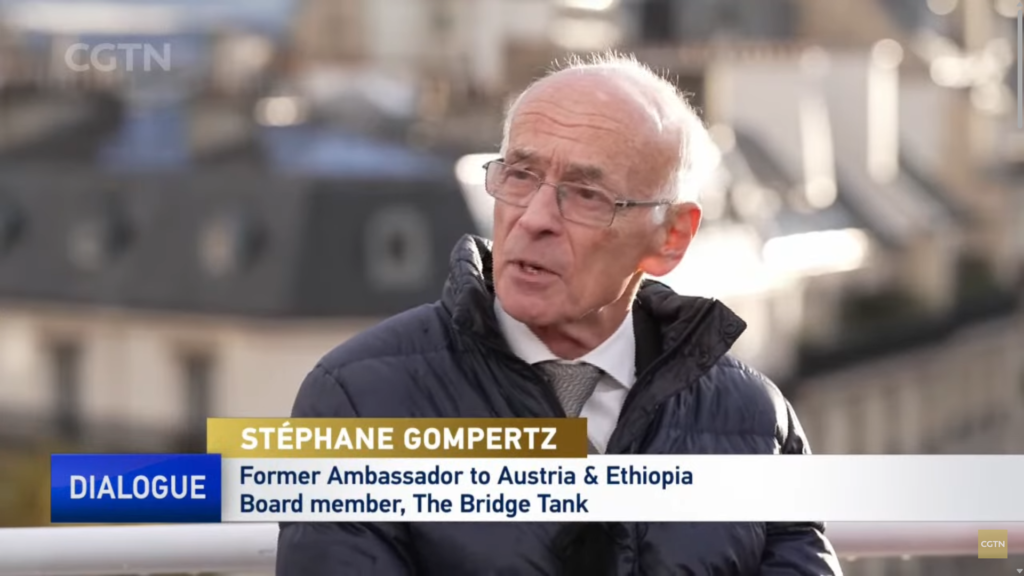
On the role of emerging powers
“Those emerging powers will play a growing role. Indeed, they can contribute to improving international relations and solving crises. […] They have a large influence and clearly there should be more cooperation among all powers, big or smaller countries in the world to help push things forward. […] The trend is towards a greater role of those emerging countries in world affairs, provided obviously relations remain friendly positive and peaceful, that role can be very useful. Now obviously it depends on the way each country conducts its own policy.
When we see the foolish aggression of Russia against Ukraine, we hope that the present influence of Russia will not be too great.
When the crisis is over, things will be different. We need Russia, Russia is a great country, we’ve always had good relations with Russia. What they’re doing right now is absolutely insane and we hope it won’t last too much. We speak a lot about multipolarization, about a multipolar world which can indeed be very useful. The world should not be dominated by one country but by a cooperation of all countries.”
Stéphane Gompertz, former Ambassador to Austria & Ethiopia ; Board Member of The Bridge Tank
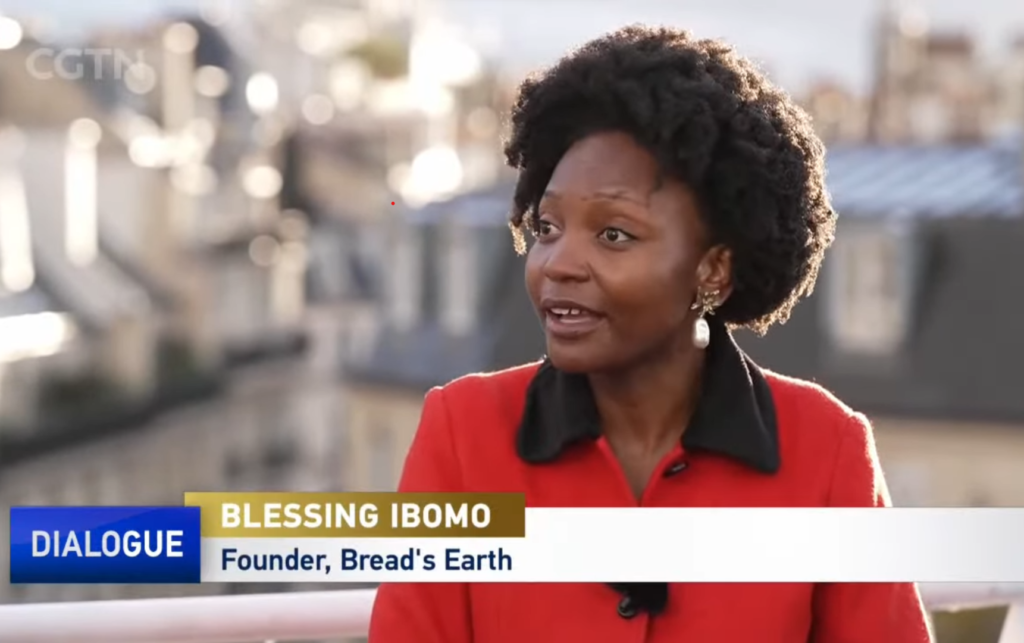
On Africa’s voice being heard
“I think one mistake we do is to classify Africa as one nation. Africa has 54 countries with different national interests. We cannot have one voice representing Africa, it’s impossible. Ukraine, for example, is the basket of bread on which most African countries rely in terms of grain and bread. I think the UN needs to give African countries, not just the African Union, the possibility to really express their voice and hear what they have to say because countries have different economic interests in mind, as well as political interests and historical interests that they have to consider. It’s a complex relationship that needs to be considered within the different African countries.”
Blessing Ibomo, Founder, Bread’s Earth
On technological cooperation
“With China now the leading player in the world for batteries, with 6 out of the 10 biggest battery makers stemming from China, this is a good way for Europe and France, with Stellantis and Renault, to work with the Chinese, to learn from China. And China can also learn from the Europeans. For example in the automotive industry, the French company STMicroelectronics is the leader for chips used in cars. The Chinese can learn from them. When we work together, we can grow together.”
Jérémie Ni, Director of Chinform.
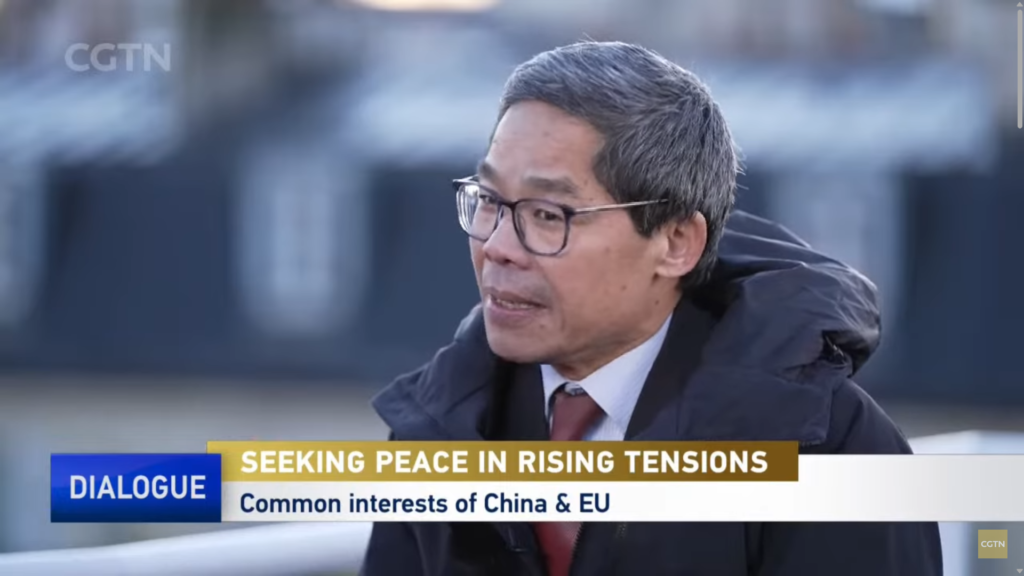
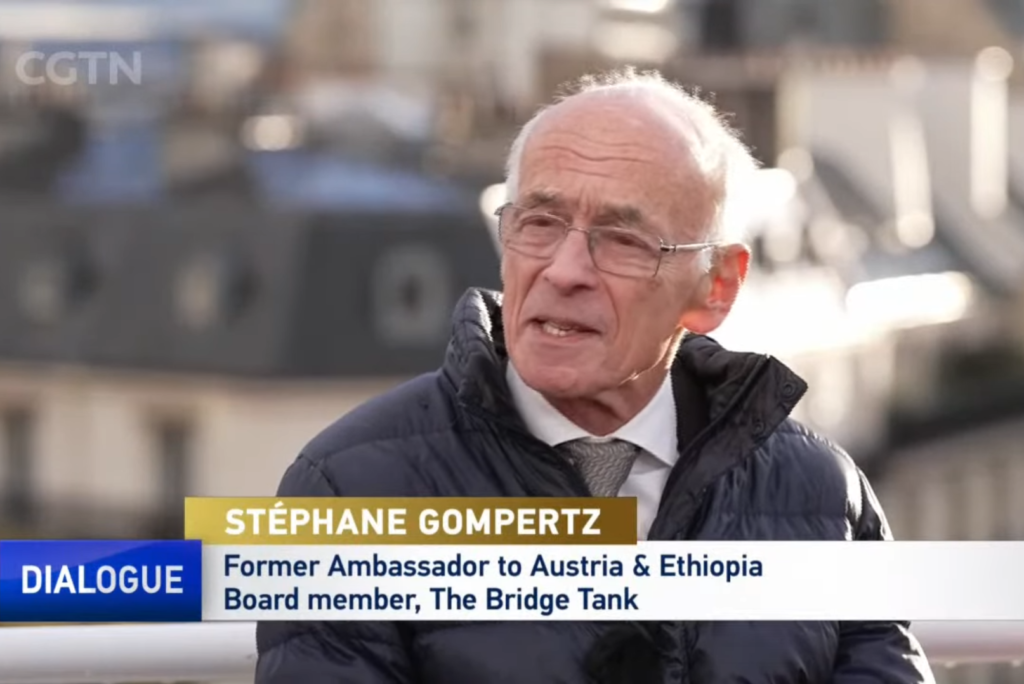
On trust and dependency
“The word trust is quite important. The difficulties we are facing now are explained by a lack of confidence and also a lack of mutual recognition of the rules of the game. An element which can contribute to that, at least on the European side, is the fear of dependency. There is a problem with rare minerals. For example, the Netherlands decided to veto the export of semiconductors to China, who took retaliatory measures and prohibited the export of germanium and gallium to the whole of the EU. These are the kind of measures and counter-measures which can be detrimental. If we could eliminate this fear of dependency, also by encouraging other sources so as to balance our imports, our exports, and the use of minerals, perhaps that trust could appear. But rules of the game on both sides should be clearer.”
Stéphane Gompertz
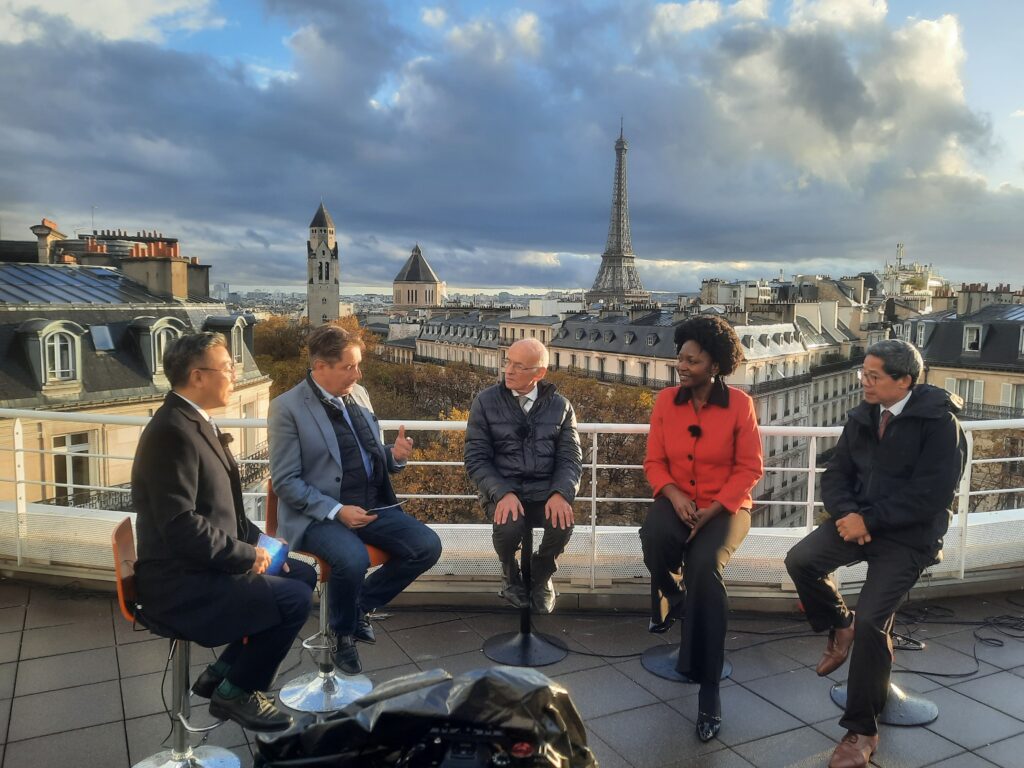

Rewatch previous participations of The Bridge Tank to Dialogue on CGTN :

